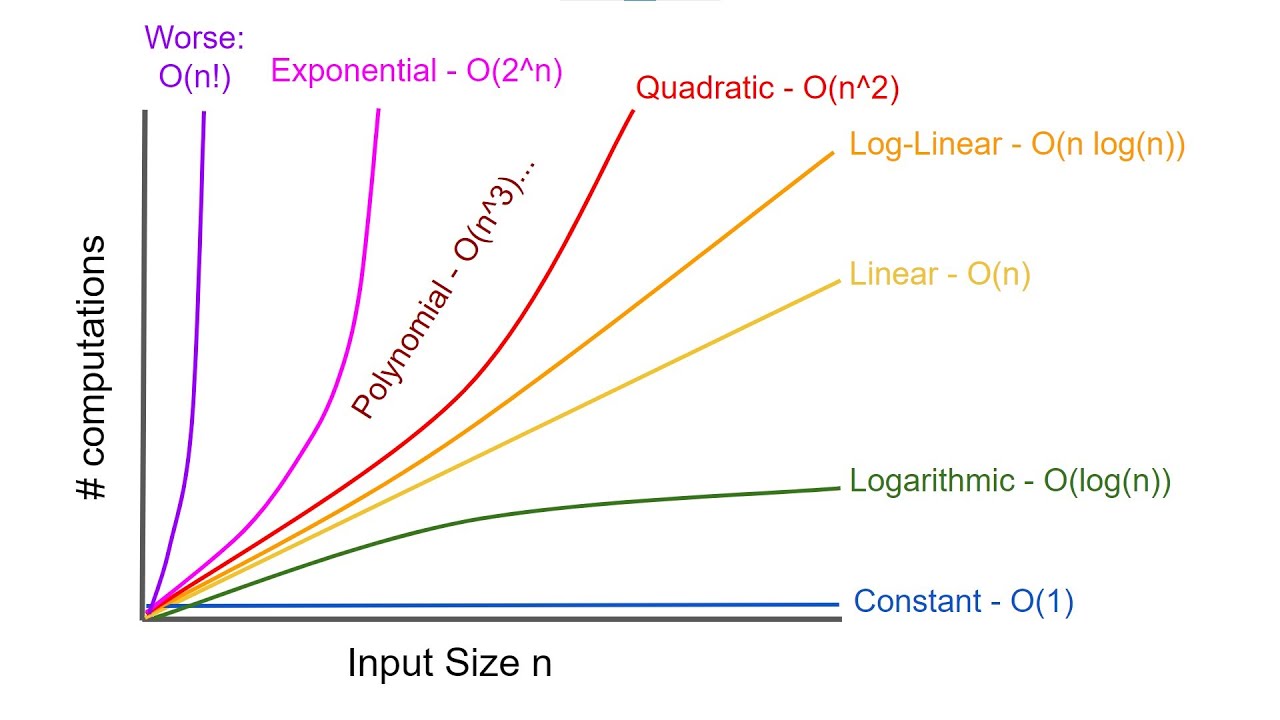Computational complexity theory is an area of computer science which studies the intrinsic complexity of problems. It is also referred to as the complexity classes or complexity theory. The theory examines both how hard it is to solve a problem and how efficiently the problem can be solved. It focuses on developing an understanding of the cost of solving problems, what problems are difficult to solve, and how efficient algorithms can be developed to solve those problems.
Computational complexity theory is related to the theory of algorithms and computational models. It is used to classify problems in terms of their difficulty and the amount of computational resources required to solve them. Generally, the complexity of a problem is measured by the amount of time and computing power it takes to solve it. Common complexity classes include NP-complete, P-complete, NP-hard, and PSPACE-complete.
The concept of computational complexity theory is used in various areas, such as database theory, big data analysis, cryptography, artificial intelligence, and quantum computing. It is also of great importance in the development of computer software, such as for gaming, computer graphics, and business applications.
Although the theory is relatively young, having been first proposed in the 1970s, it has experienced tremendous growth in recent years. It has become an integral part of computer science and its applications to various fields. As such, it is an essential tool for computer scientists and engineers who want to develop efficient and effective algorithms and software for their respective fields.





